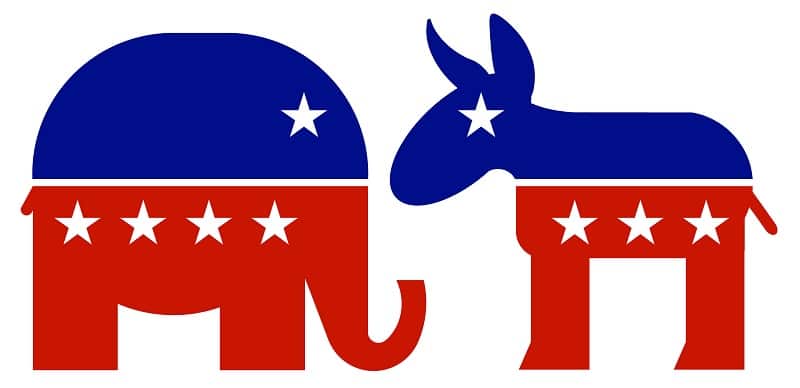An often discussed income tax provision in past decades has been the idea of removing the effect of inflation in the determination of taxable capital gains. A simple illustration demonstrates the fundamental idea. Assume an individual buys a share of stock at $1,000 (original tax basis) and its value after 10 years is $2,500. If the individual elects to sell the stock at that time, the current tax rules dictate that the capital gain of $1,500 would be subject to a federal income tax at the rate of 20%. Thus, the tax would be $300 (20% x $1,500).
If the original cost were indexed for inflation, the original tax basis would be increased for the effect of inflation. Assuming that after 10 years, the $1,000 original cost would be indexed for inflation and that the adjustment is $300, the “indexed” adjusted cost basis would be $1,300, reducing the capital gain to $1,200 and the tax to $240.
The conceptual argument for adopting such a posture is to suggest that the entire taxable capital gain is not a “real” increase in value, but that a portion of that gain, i.e., the $300 indexed potion of the growth in this example, is nothing more than a loss of purchasing power at the date of sale due to inflationary pressure. In other words, an asset that had a worth of $1,000 ten years ago would actually cost $1,300 at the date of sale, all other items remaining equal.
Even worse, if an investment does not make more than the rate of inflation over the holding period, the investor is taxed on gains that are not even gains at all. This indexing premise seems to be reasonable and appropriate as inflation-related gains do not represent an actual growth in wealth for the asset holder over time.
Support from economists can be found both for and against indexing for inflation.
Opinions Run Along Party Lines
Republican Support
Recently, more than 20 Republican senators wrote a letter to Treasury Secretary Steven Mnuchin, which urges the Trump administration to use executive authority to make the policy change to index capital gains to inflation. If enacted, this policy change would adjust the original purchase price so no tax is paid on appreciation tied to inflation. Such an adjustment is expected to provide a significant tax break on certain investments, which the GOP supporters say would encourage savings, investment and innovation. The Republican senators contend that the Treasury’s current tax treatment of capital gains “punishes taxpayers” by the existence of inflation. “Other tax provisions such as individual income brackets are rightly adjusted for inflation annually. Capital gains ought to receive the same equitable treatment.”
Democratic Opposition
Democrats have largely criticized the idea because the tax advantages of indexing are expected to primarily benefit wealthy taxpayers. Prior to the communication from the GOP, a group of Democratic senators, led by Sherrod Brown, of Ohio, sent a letter to Mnuchin earlier this month discouraging him from considering the policy change. Also, in response to the GOP letter, a second group of 42 Democrats, led by Ron Wyden, of Oregon, Sen. Brown, and Chuck Schumer, of New York, also sent a letter to Mnuchin, urging Treasury to abandon any consideration of the unilateral move to bypass Congress, emphasizing that such an executive move would be illegal. Democrats argue that the Treasury secretary does not have the authority to index capital gains tax rates.
Summary
Though the idea of indexing capital gains is not new, Congress has never seen fit to move such legislation to any Presidential administration for enactment. Currently, the chasm between parties in this issue is wide and not likely to close significantly in this session of Congress. Thus, at this time, it appears that the bill has little or no chance for advancement in 2019 through traditional means. Only time will tell if such a provision if forthcoming.
If you have questions and comments, please contact Bob Grossman or Don Johnston at 412-338-9300.
Related Posts:






